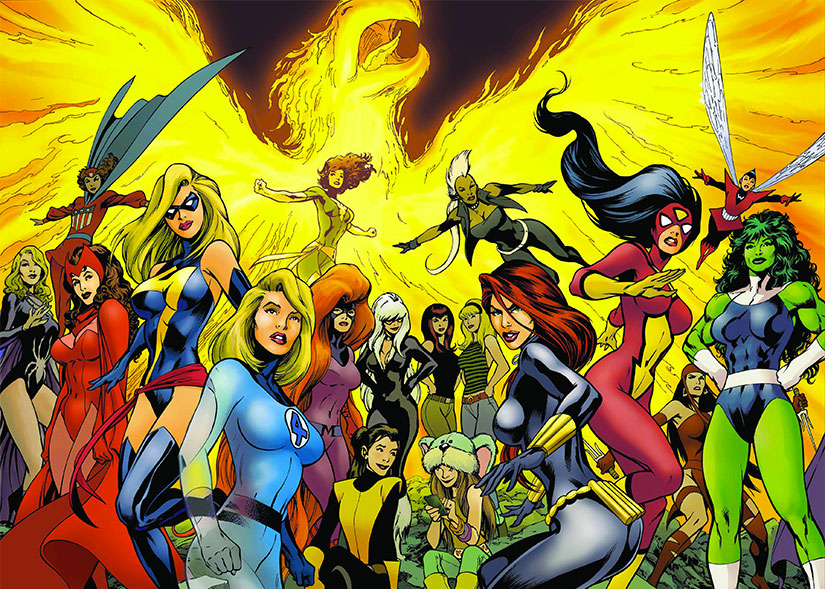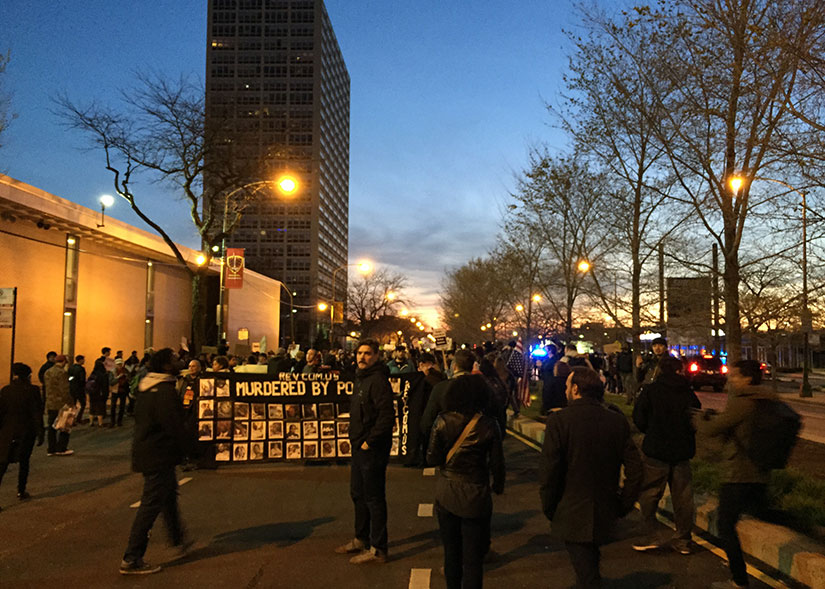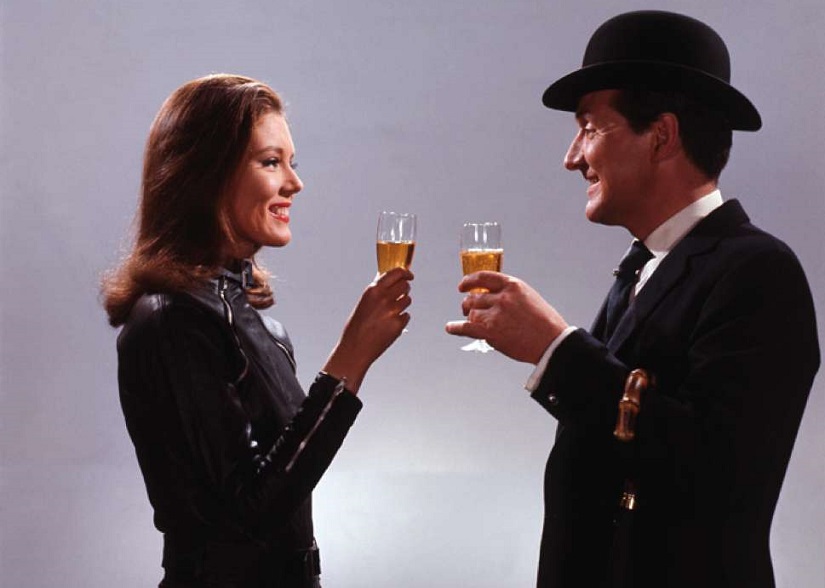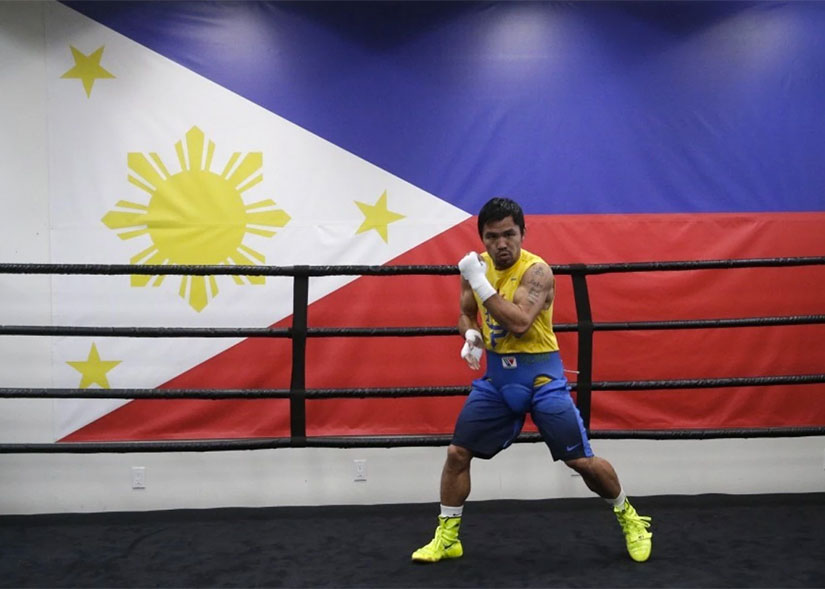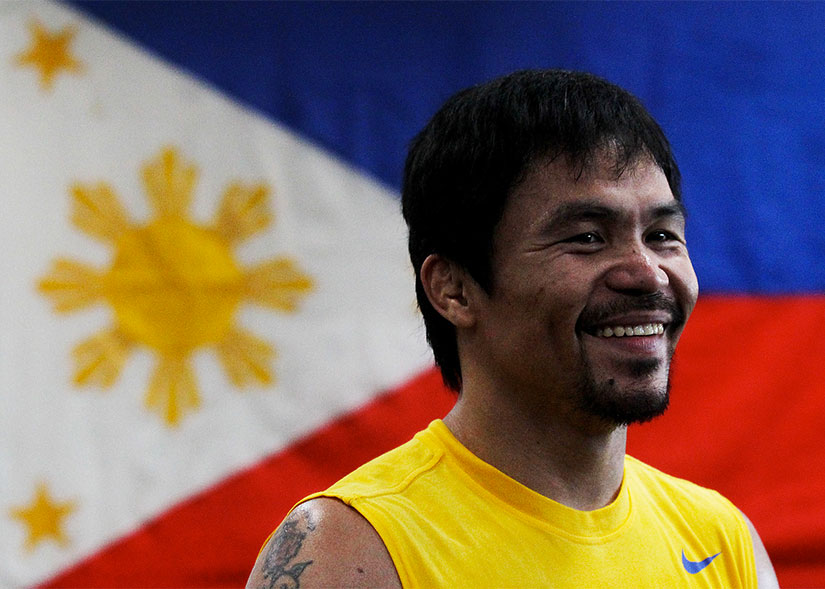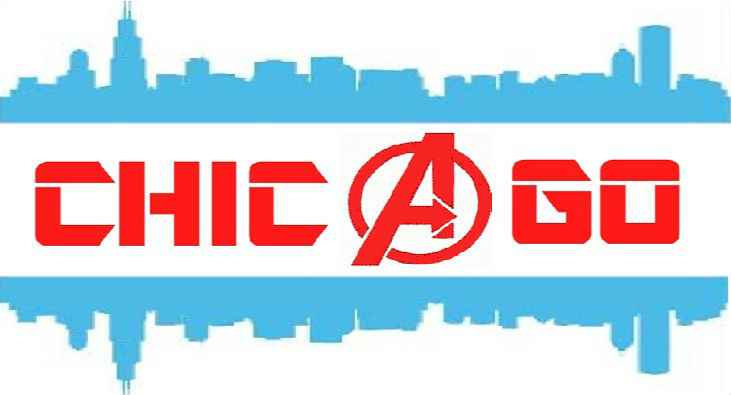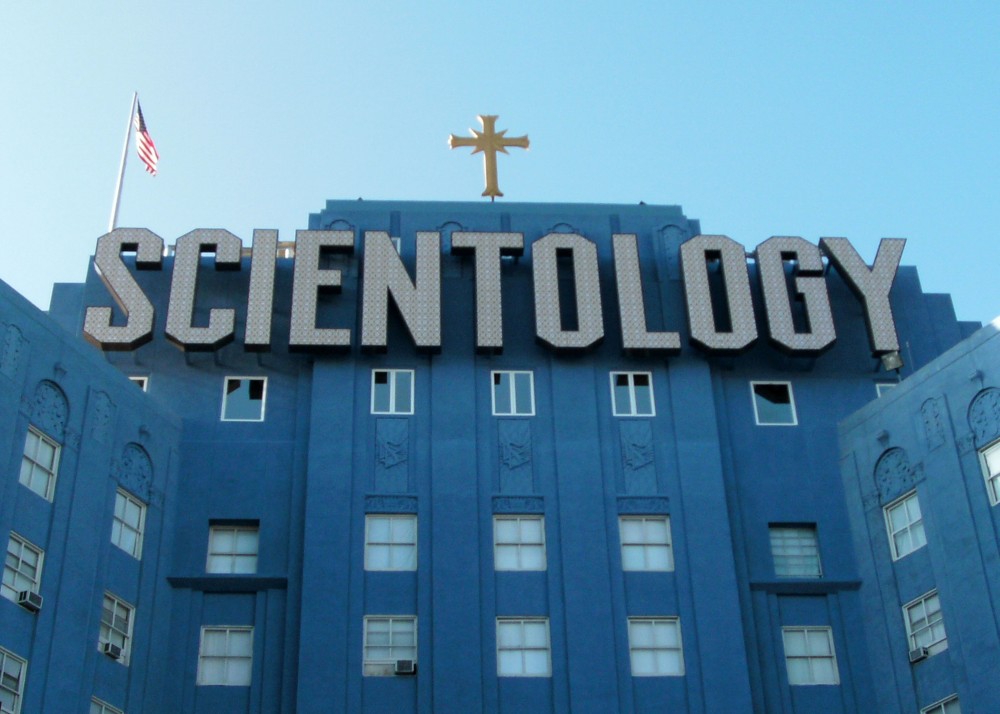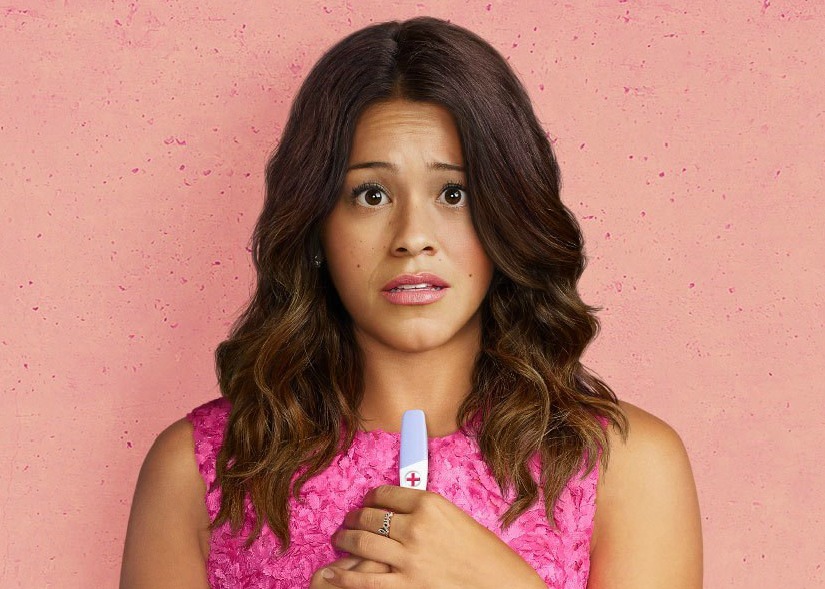10 Badass Superheroines and Supervillains in Comics
Recently, there has been tension in the superhero world over the lack of strong women in comics. While there is a huge gap between the number of men versus women in the comic book world, there are powerhouse superheroines fans seem to phase over. Don’t be fooled, some of the names that you might recognize are bigger in the comic book world than their blockbuster film roles have lead you to think. Regardless of your gender, here are 10 female comic book characters that kick ass harder than their male counterparts.
Chicago's "Historic" Torture Reparations Package
Post written by special guest contributor, Freddy Martinez.
Chicago has become the first U.S. city to formally acknowledge torture by its police department. Community activists, victims and lawyers first pushed to expose widespread torture under police commander Jon Burge over twenty-seven years ago. The work began when People's Law Office represented Andrew Wilson's civil lawsuit against Chicago Police and Burge in the early 1980s. Human Rights Watch notes that Wilson was burned by cigarettes and electrocuted by a “black box” for over seventeen hours.
In 1990, John Conroy reported that a different person, Roy Wade Brown, was interrogated by police and his finger was placed in a bolt cutter with threats to cut it off. Furthermore, “he was taken to the roof of the police station and was told he would be thrown off." In another instance, while under police custody, Burge and another officer beat a victim named Will Porch "with a .44 Magnum pistol… emptied the revolver of all but one bullet, and then forced him to play a one-sided game of Russian Roulette." Other abuses included electric shocks to the genitals, beatings, suffocation with plastic bags, and coercions into false confessions. The torture was so endemic that in 2009, Illinois established the Illinois Torture Inquiry and Relief Commission Act to review and investigate hundreds of cases of alleged abuse. The Commission was defunded in 2012, essentially destroying their ability to investigate further.
The torture committed by the Chicago Police Department occurred long before the much-publicized torture of Iraqis by US troops in Abu Ghraib. Indeed as the United Nations Committee Against Torture (UN CAN) notes “However, it [UN CAN] remains concerned that, despite the fact that [Jon] Burge was convicted for perjury and obstruction of justice, no Chicago police officer has been convicted for these acts of torture for reasons including the statute of limitations expiring. While noting that several victims were ultimately exonerated of the underlying crimes, the vast majority of those tortured most (sic) of them African-Americans, have received no compensation for the extensive injuries suffered”. Of course, Chicago did not unilaterally adopt UN CAN's recommendations. The People's Law Office who worked alongside the Chicago Torture Justice Memorial Project, alongside other groups, to lobby for this reparations package. After decades of struggle, the Chicago's City Council has finally created a formal reparations package funded with more five million dollars of compensation to victims among other concessions. The concession package includes a formal apology from the City Council, a public memorial to torture survivors, free enrollment at City Colleges, psychological counseling services and more. Of particular importance is that Chicago Public Schools will create a curriculum that teaches the history of police torture.
To understand the history of torture further Ruby Hornet spoke with Shubra Ohri, staff attorney at the People's Law Office, about the package.
How The (British) Avengers Inspired a New Age for Women on Television
Last week saw the release of one of this summer's most anticipated blockbuster sequels, Avengers: Age of Ultron. In Britain, the first Avengers movie was renamed Avengers Assemble, due to a much loved, if sadly little recognised these days, '60s television program beating the comics to the original title on these shores by two years. The series was Sydney Newman's first major hit, with his second being the more widely celebrated Doctor Who. Starting out as a gritty spy thriller, the British Avengers came to define the swinging sixties through its playful embrace of abstract imagery, empowered women in risqué clothing, and intrinsically English sense of humour.
Manny Pacquiao Fights for Us
Guest editorial by Jordan Garcia.
The question any Filipino gets asked when a Pacquiao fight is looming near is, “Where are you watching the fight?” It’s never “Are you watching the fight?” It’s a universally understood truth that we watch his fights. We don’t have to know anything about boxing. We don’t even have to know who he’s fighting. All we need is the time and place, and we cheer like hell. It doesn’t even matter that he’s hundreds — sometimes thousands — of miles away, everyone has that one Auntie that yells as if he can hear her. Nothing brings my multi-generational Filipino family together quite like a Pacquiao fight.
The way in which we celebrate each fight is rooted in the Filipino culture of hospitality. We open up our homes to anyone who needs a place to watch it. We bring enough food to feed a small army and force everyone to “eat, eat.” And of course, there is no shortage of laughing as loud as humanly possible, most of the time at things that aren’t even funny. These are all things that Philippine-born and American-born Filipinos can relate to even when they can’t relate to each other. But the deeper connection with Pacquiao is the sense of pride that we feel knowing that he is “one of us.”
Many times growing up, I’d be shopping with my grandmother, and we’d run into a complete stranger who happened to be Filipino. It took me years before I actually realized that these people weren’t part of my extended family. I always assumed that we were related because of the ease my grandma would talk to them. The conversations were long, and if that stranger happened to work at wherever we were shopping, it would end with the request of a “Filipino discount” and a light chuckle. This is how I learned you should never be shocked what one Filipino will do for another. If family was measured by what you would do for someone, these strangers would be considered family.
It wasn’t until the first time I heard someone say that Filipinos are “so ridiculous” because of the way we cheer for Pac Man that I realized why Manny being a stranger in my family was so important. I’ve heard this comment a few times since then, and when I glance over, it’s always some “American” (and by "American," I of course mean white person) I’ve laughed to myself each time. When you don’t understand what it’s like to be marginalized as a group, you aren’t forced to have pride the way that we are.
If you’re a person that read that last sentence and thought to yourself, “Marginalized is too strong a word,” allow me to educate you.
Are you aware that there was a Philippine-American war that ended with the US occupation of the country as a territory? Many historians say this drastically changed the cultural landscape of The Philippines. Did you know that Filipinos are the third largest immigrant group in the United States behind Mexicans and Chinese? Knowing that, can you relate Filipinos to anything besides Manny? Marginalized, by definition, is to treat as insignificant or peripheral. Not just Filipinos, but Asian-Americans as a whole are treated as insignificant in this country. That is why Manny being “one of us” is so important. He is the hero that brings us into significance. He makes The Philippines and its culture a focal point.
The greatest part, for me as a Filipina, is knowing that Manny is just like those Filipino strangers at the market. Manny is so excited for his upcoming fight against Mayweather that he wrote a song about it, “Lalaban Ako Para Si Filipino” in English that translates to “I Will Fight for the Filipino.” That’s what Manny would do for us. He fights for us for the same reason we cheer for him. We’re proud of who we are and we’re fighting for our significance.
The Windy City Avengers: Chicago's Mightiest Athletes
This post was originally posted on our affiliate site, City on the Take.
Avengers: Age of Ultron is in theaters worldwide, and needless to say I am filled with unbridled excitement. I had the wonderful opportunity to see the midnight premier late last night. Everyone, comic book fans or not, should go see this movie.
With everything going on in the Chicago sports world, I couldn't help but make correlations between the Avengers super heroes and Chicago's super athletes. The Blackhawks have made it to the second round of the Stanley Cup Playoffs, the Bears are going to select the 7th overall pick in their own city, the Bulls just stomped the Bucks out of the NBA Playoffs and the Cubs and White Sox are in full swing for their respective seasons.
I know a lot of people who dig comic books, but aren't so much into the sport scene. On the contrary I also know loads of people who are quite into sports, but don't care much for the comic books and comic book movies/tv shows. I'm hoping to marry the two. It's time that both worlds meet each other, and no better time to do it during than what will be the biggest box-office opening since the last Avengers movie.
To those looking to kill some time between periods, innings, quarters, or draft picks I urge you to read this. For those that are bored out of their mind waiting in line for the midnight premier of the Avengers, check this out and open up your mind to the world of sports. The sports and comic book world are full of so much joy, life and entertainment. If you're not into one, try the other. If you're into both, well we may very well be best friends already.
I know you all can't wait to dig in, so I present to you The Windy City Avengers: Chicago's Mightiest Athletes on City on the Take.
My Trip to the Local Scientology Church
The author has requested to remain anonymous.
Classical music plays outside of a lucrative business on one of the busiest streets in my city, but I’ve never seen anyone go in. Maybe it’s because this is the only place around that attempts to lure you in this way. Intrigued, I decided to go in. As I stepped closer to the door, a sudden rush of doubt fell over me. I felt squirmy and began to second-guess myself on opening the door. I told myself, “This is a totally normal thing that a lot of people do.” Trying not to pass judgement, I opened the door and stepped into my local Scientology organization.
Recently, the church has been under high scrutiny because of the HBO documentary, Going Clear: Scientology And The Prison Of Belief, and various other accounts from countless ex-Scientologists, family members and researchers. What the church calls secret or confidential information from the religion’s founder, renowned science-fiction author L. Ron Hubbard, has been “leaked” (more like revealed) to the internet over the past couple decades with more outrageous accusations than the church can try to suppress. Personal accounts of mental abuse, physical abuse, tiring work hours and tasks, tax evasion, fraud, death threats, alleged disappearances, court proceedings and countless other testimonies have Americans on the edge of their seats as they see what the “secret” religion of Scientology is all about. Since watching the documentary the day it aired, I have wanted nothing more than to visit the “org” (local branch) as a potential member. More so, you could say I became obsessed with the idea. Knowing nobody would go with me, I had no choice but to head in solo.
Spike Lee's Use of Chiraq for His Next Film is Infuriating
My faith in Spike Lee's abilities as a compelling storyteller has been dwindling for a few years now, and it was all but severed after watching his latest film, Da Sweet Blood of Jesus. During my video interview with the director, I asked him why he decided to crowdfund the film, to which he replied, "To get the money." It looks like Lee is going for the money yet again with the title choice for his next film, the offensively-titled Chiraq.
As reported by The Wrap earlier, Lee and Amazon Studios are working together to shoot a film in Chicago with a rumored ensemble cast featuring Kanye West, Samuel L. Jackson, Jeremy Piven, and Common. While there are little to no details beyond these rumors, the film's moniker alone should be enough to piss off dedicated Chicagoans, myself included.
The term "Chiraq" has been plaguing the city's residents for a couple of years now as it compares the city's recent history of gun violence and murder to the war torn country in the Middle East. Some residents (and non-residents, as is wont to happen to those desperately trying to identify with the city) have embraced and glorified the term, while others recognize the nickname's inherent hate and negativity. And for the most part, the term has dissipated with only a select few still embracing the term in an attempt to further push the image of Chicago being a dangerous city. That's not to ignore or brush aside the countless acts of violence we unfortunately hear on a daily basis, but the fact remains that the title bestowed upon this amazing city does nothing to further advance how multi-dimensional and outstanding Chicago is, relegating it to nothing more than a city we ought to be in fear of.
[youtube id="TybFtK6VTVo"]
I acknowledge that, with no plot information for Chiraq, my reactions to the film may be too premature. However, with Lee's recent feature films, he's demonstrated his inability to truly capture the level of quality he showed early in his career. Perhaps his choice of using the term will be used in a way to subvert what it stands for, but I worry Lee won't be able to do the film or this city justice. At the very least, he's done his due diligence, as the Chicago Tribune noted Lee was in town earlier this year to research the city's recent history of violence with St. Sabina's Reverend Michael Pfleger. And for that, I commend him.
However, the use of the term is misguided, demeaning, and insulting to Chicago. We are more than just "Chiraq," but by having an icon such as Lee embracing the nickname for his film will do nothing to alleviate the city's public perception from those across the country. Last year, VICE released a series of video documentaries that seemed to push an agenda of exploiting the Chiraq phenomenon, and it's with this in mind that I worry even more about Lee's Chiraq.
Spike, if you're going to shoot a film dealing with and discussing the city's violence, I implore you to come up with a better title. Use a title that isn't so closely associated with murder, with violence, with gang culture, with ignorant rappers, with hate. I love my city, and I would never refer to it with such an ugly term that exploits every single Chicagoan that has been affected by the city's outbursts of violence. And if you do decide to keep the title, prove me wrong - show me and the world that you still have something left in the tank to bring change to a problem that's plagued us for years.
Rest in peace, Mikal.
[via The Wrap]
Television Has Been Good to the Latino Community Lately
As cinema continues to struggle with Chicano representation, let alone portray the Spanish community in a non-stereotypical fashion, television has been quietly (and sometimes, not so quietly) making headway toward better treatment of its Latino characters. With more members of the community producing and writing for television, the wealth of fully fleshed out characters has been more noticeable than ever.
Not every show needs to be about Latinos, nor have a Spanish actor forced in a show outside their comfort zone just to make a point, I just want other forms of media to realize that we're here and ready to show off.
With non-traditional services like Netflix, Amazon, and Hulu taking more of the advertising money, traditional television is learning to capitalize on the increasing Latino demographic. With under 3% of English and Spanish speaking homes watching Spanish-only television, and the population's buying power totaling somewhere around $1 trillion, TV shows that cater to the demo are rewarded with high ratings and revenue. That doesn't mean pandering will work for the audience, however, so no show can be churned out for a quick buck just because. Take ABC's recent, and far less memorable Killer Women, for example. A reboot of the Argentinan novela Mujeres Asesinas, produced with Sofia Vergara (who once noted in an interview that she started getting roles once she dyed her hair brown and chased after traditional "Latina" characters like in Modern Family) among others, the show was an American set program starring Canadian actress Tricia Helfer. It basically removed all of the origin's Argentinian identity and that was enough to cause its demise. A public assimilation turned failed experiment was obviously the wrong direction.
That's why a show like Cristela, a middling sitcom full of Latino characters, can be one of the most popular comedy debuts last fall (second only to Black-ish, which further illustrates the need for a wider cultural umbrella) and can practically take over ABC. It's one of the few shows on the big three networks that's explicitly for the Latino audience. The only reason I don't rally behind it, however, is because the whole thing rings false. It's a particularly loud cry for attention, and an obvious pull for money. But not every successful Latino program of the last season was as loud as this. One show proved we can have both a Latino influenced program, with a strong multi-cultural voice, and be intelligently subdued about it to make it digestible for those outside the audience. There's no need to alienate our community further.
The CW, a network making fine strides toward delivering multi-faceted television with capable, "nerdier" programs like Arrow and The Flash, tapped into something great with Jane the Virgin. An incredibly personal, emotional, and cultural program, Virgin demonstrates how a show can both be a positive representation of its culture, without alienating viewers outside of it. It may be a slight parody of the Spanish telenovelas that inspire it (which also lets a new audience know how great the genre can be), but has yet to feel degrading or belittling within its current run of episodes. Gina Rodriguez, earning herself a Golden Globe in the process, has developed the titular Jane with a Latina background that doesn't make up the entirety of her characterization, unlike recent efforts like Fox's Gang Related. With the Latino community's evolution, as less Latinos are bilingual and more non-Latinos become invested in the growing population's culture, television networks are slowly learning that it's okay to cast Chicano actors and not have that be their only quality. We're done playing the "gang leader" or the "prostitute" or "drug kingpin." It's okay to give us boring roles too.
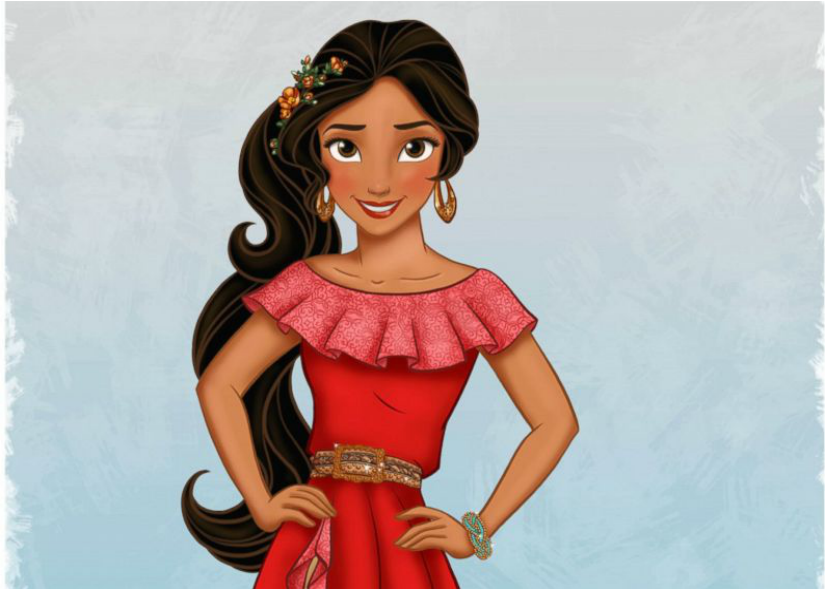
It must be weird for me to argue that I love Latino characters that aren't explicitly Latino, like maybe a guy named "Jeff" who just works in an office or something, but that's the current trend we South and Central American ethnicities are heading in. Jane the Virgin is just one big example, but TV shows are casting Latino actors in other shows and don't make a big deal out of it. Take Brennan Meija in Power Rangers Dino Charge, for instance. He's a Latino character (last name's Navarro), but that's not even remotely important to the heroics at hand. Or Disney's Sofia the First, which is Disney's first Spanish princess. Her distinct European looks make Disney pass her off as a more non-ethnic Princess, but that doesn't matter since we're soon getting a second effort with Princess Elena of Avalor getting her own show in 2016.
Disney revealing their Latina princesses through TV shows rather than cinema reflects the current attitude the majority of the community has. As cinema struggles to utilize and give us multi-ethnic heroes and villains, television is currently taking a progressive stance and gives the community more of a voice. Sure I'd like more non-white showrunners and network heads, but after all of these years of struggling to find strong Latino voices on TV I'll take what I can get it. Television has been good to my community lately, but I hope we're not just the flavor of the month.

